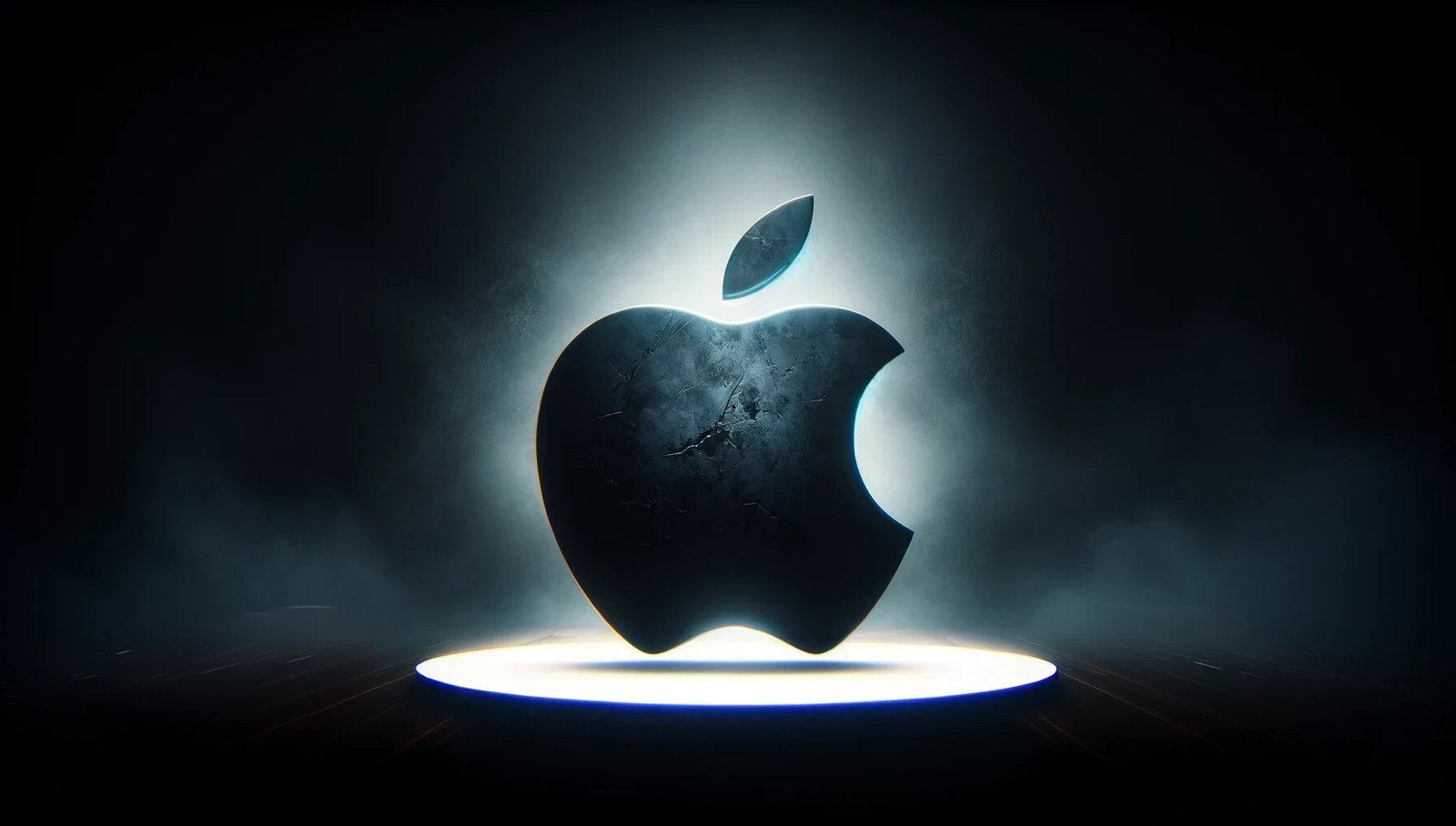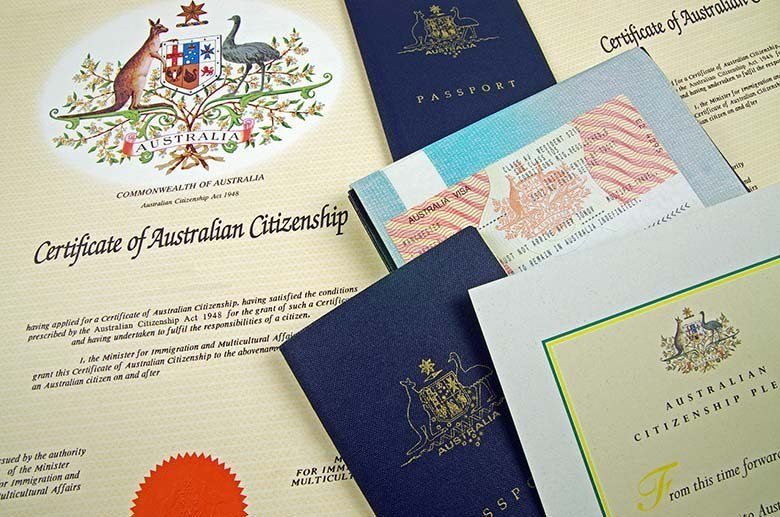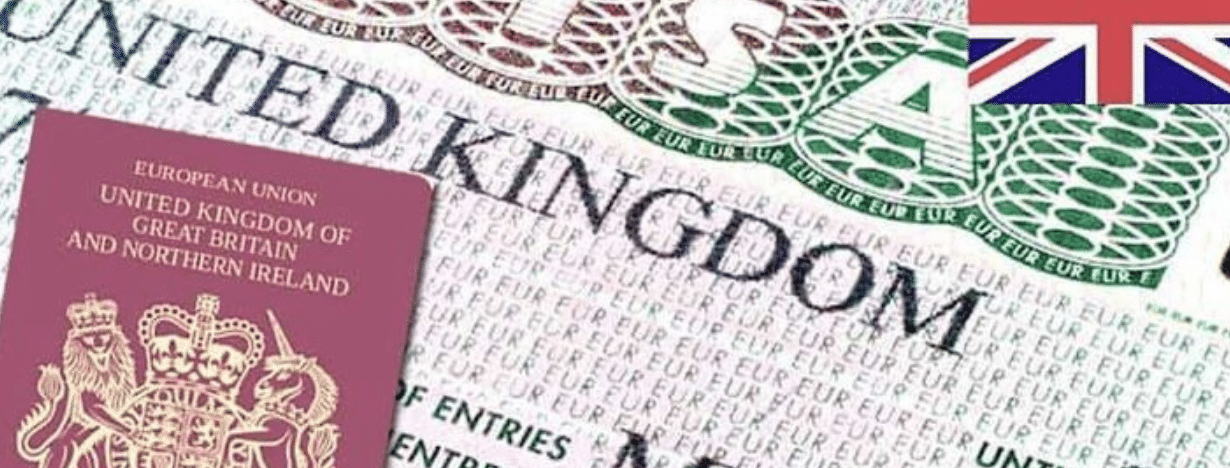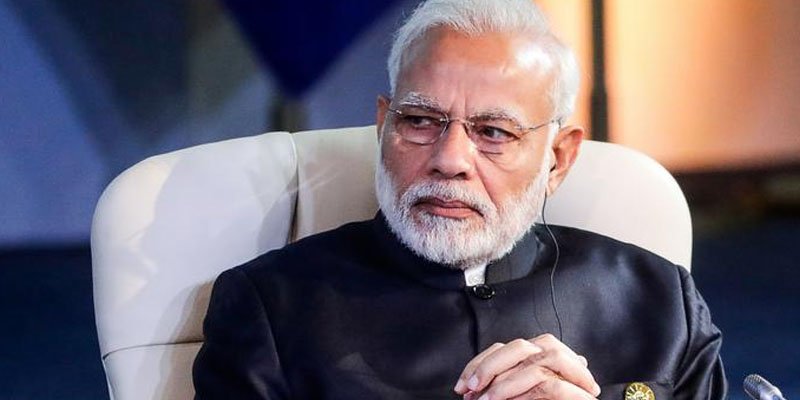
A U.S. federal appeals court has upheld legislation requiring ByteDance, the Chinese owner of TikTok, to sell the popular short-video app by January 19, 2025, or face a nationwide ban.
The decision heightens scrutiny of TikTok, which boasts 170 million users in the U.S., and reflects growing bipartisan concerns over national security risks linked to China.
The three-judge panel—Sri Srinivasan, Neomi Rao, and Douglas Ginsburg—dismissed challenges brought by TikTok and its users, asserting the law is constitutional. They described the legislation as a bipartisan effort addressing “a substantiated national security threat posed by the People’s Republic of China.”
In response, TikTok has announced plans to appeal to the Supreme Court. CEO Shou Zi Chew called the ruling “disappointing” in an internal email, signaling the company’s intent to fight the decision.
Free Speech Concerns
The law has sparked criticism from digital rights advocates, with groups like the American Civil Liberties Union (ACLU) arguing that banning TikTok infringes on First Amendment rights. Millions of Americans rely on the platform for communication and creative expression.
Michael Hughes, a TikTok spokesperson, condemned the ruling as “outright censorship” and voiced confidence that the Supreme Court would protect Americans’ constitutional rights. “This decision silences 170 million voices without any concrete evidence of harm,” he said.
Escalating U.S.-China Tensions
The ruling comes amid worsening relations between the U.S. and China, with both nations imposing restrictions on key industries. The Biden administration has been proactive in addressing perceived vulnerabilities tied to Chinese technology, including earlier curbs on China’s chip industry.
China responded by limiting exports of materials critical to U.S. tech production. The Chinese Embassy in Washington labeled the ruling “a blatant act of commercial robbery,” warning it could strain diplomatic relations.
National Security at the Forefront
The Justice Department has consistently argued that TikTok’s ownership poses significant risks, including potential misuse of American user data by the Chinese government. Attorney General Merrick Garland hailed the court’s decision as “an important step in safeguarding U.S. national security.”
Supporters of the ban, such as Democratic Congressman Josh Gottheimer, have expressed concerns about TikTok’s potential for spreading propaganda and manipulating public opinion.
TikTok’s Countermeasures
TikTok maintains that its U.S. operations are independent, with American user data stored domestically and managed by Oracle. However, critics remain skeptical, citing ByteDance’s ties to Beijing as a persistent issue.
Earlier this year, TikTok faced challenges at the state level, with Montana passing a statewide ban, though a court order prevented it from taking effect.
The Road Ahead
ByteDance now faces a rapidly closing window to divest TikTok’s U.S. operations. The company’s upcoming appeal to the Supreme Court will likely set a critical precedent for foreign-owned digital platforms in the U.S.
As the deadline approaches, TikTok’s vast user base may be forced to consider alternative platforms. For now, the app’s future remains uncertain, caught in the crosshairs of national security and geopolitical tensions.




















